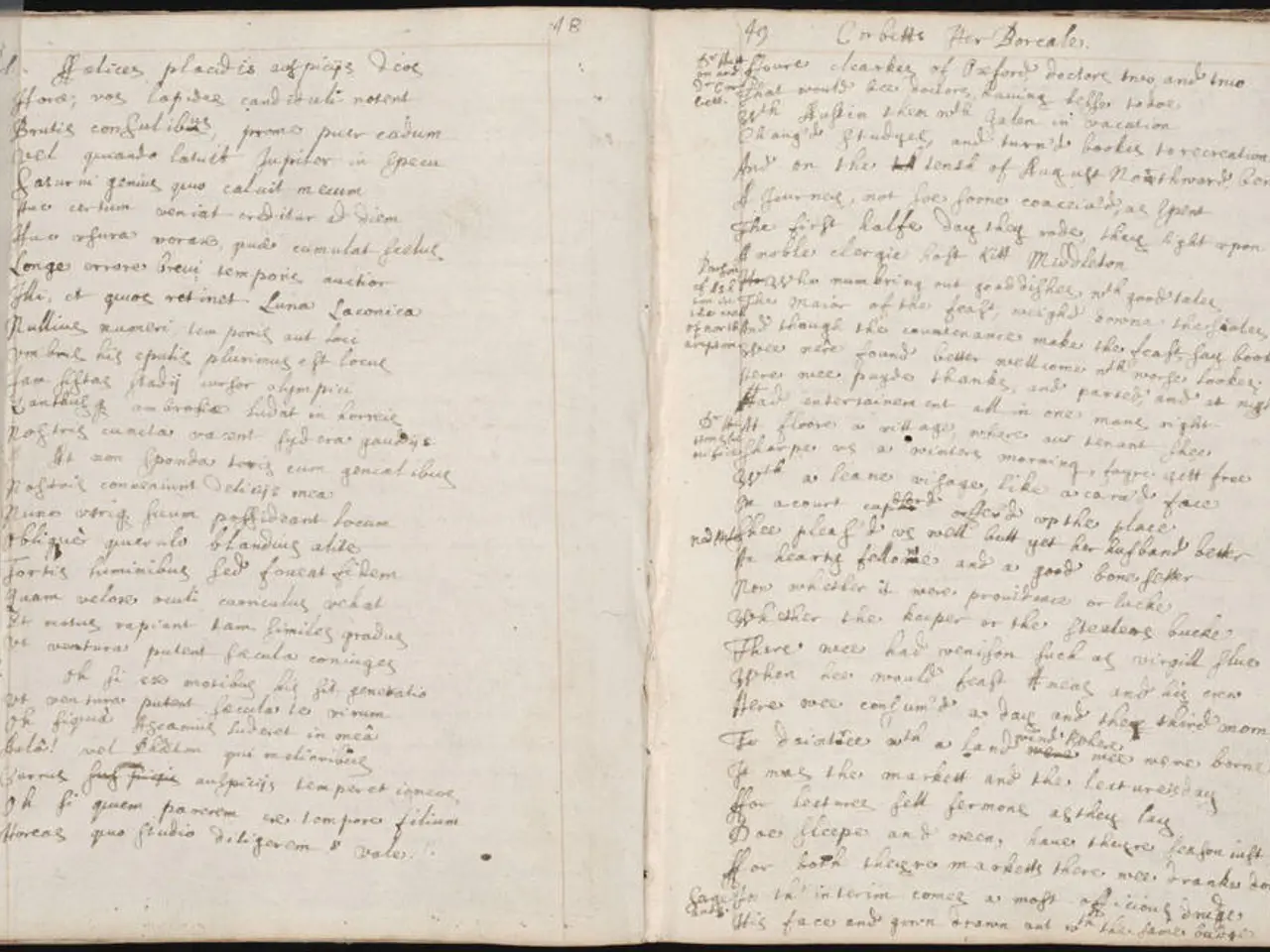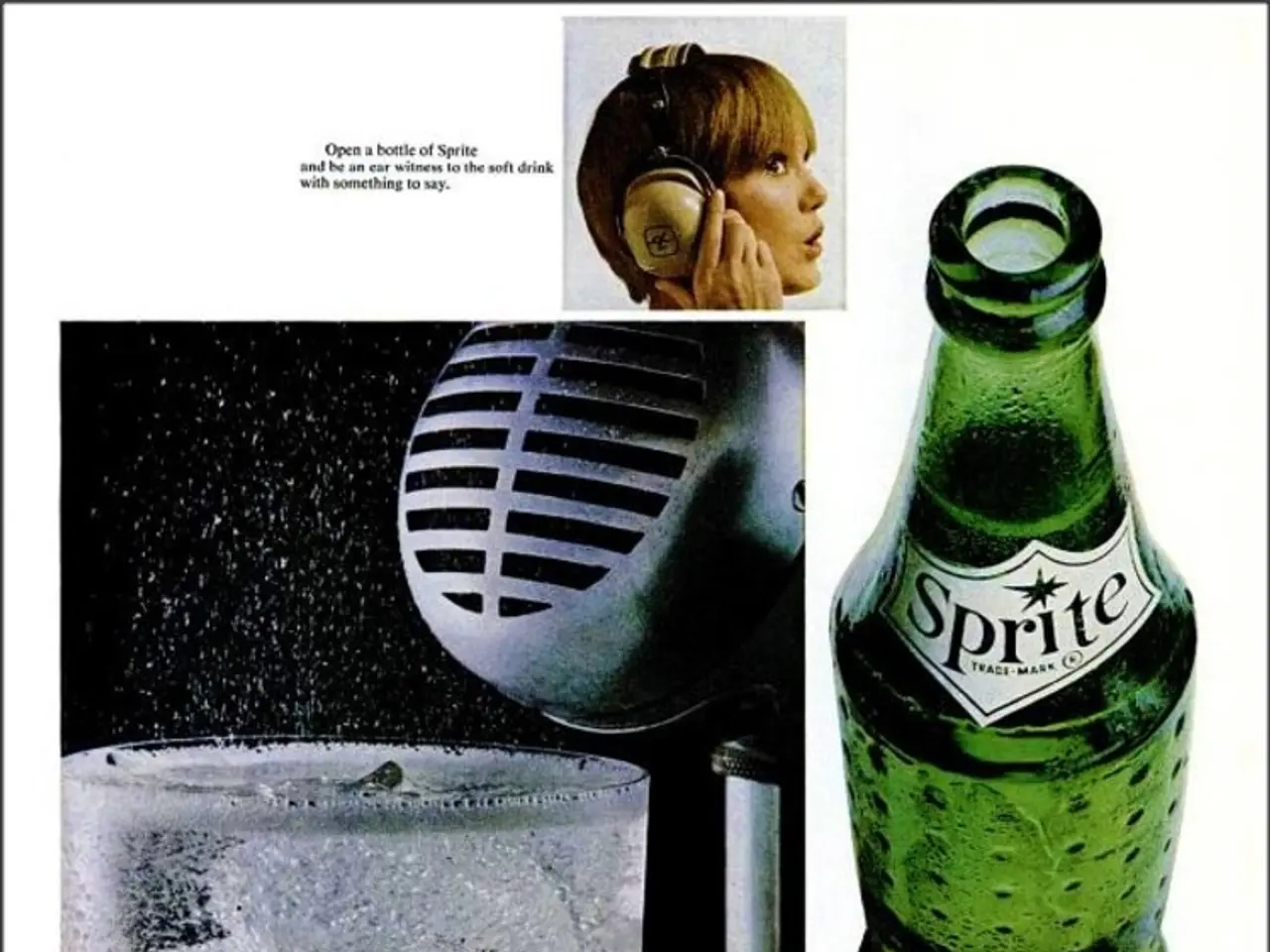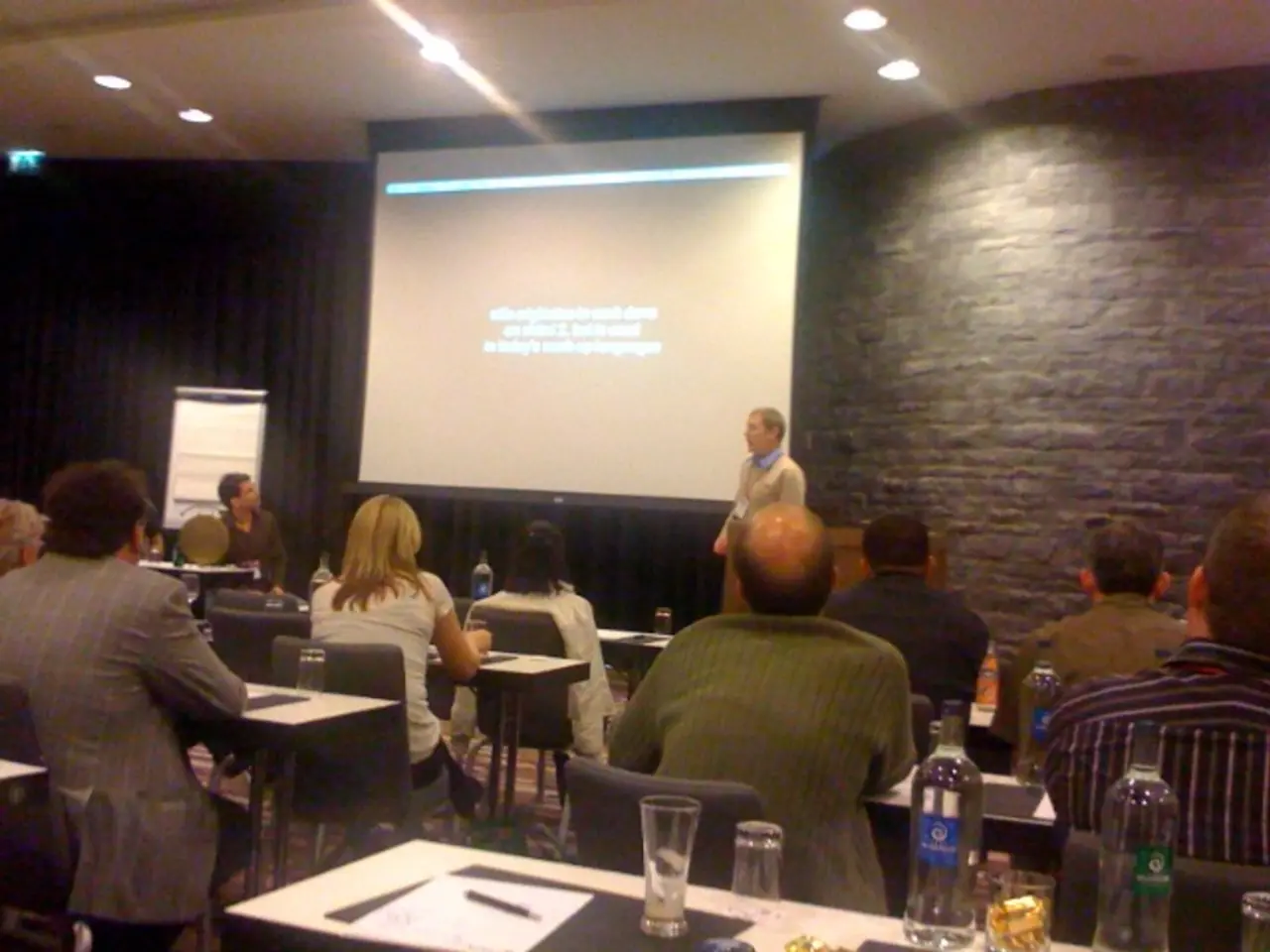Lawyer's Controversial Plan: Unconventional Visa Strategy Transforming College Sports' Financial Landscape
International College Athletes Face Challenges in NIL Landscape
In the summer of 2021, a North Carolina-based immigration lawyer, Benjamin Snyder, received a question from an agent about including international college basketball coaches in the evolving Name, Image, and Likeness (NIL) landscape. This query highlighted the complexities and uncertainties surrounding the NIL rights of international student-athletes in the United States.
Under the P-1A visa, professional athletes may enter the U.S. to compete in a specific event and participate in related promotional activities. However, in the context of college athletics, U.S. immigration officials tend to view such promotional efforts as beyond the scope of competition. This perspective creates a challenge for international student-athletes seeking NIL deals.
Ksenia Maiorova, a Florida-based lawyer who specializes in advising international college athletes, disagrees with Snyder's position and considers it a "legal fiction." Maiorova is currently co-representing LSU women's basketball player Last-Tear Poa, an Australian national, in a lawsuit against U.S. Citizenship and Immigration Services (USCIS) over its denial of her P-1 visa application.
The enforcer for the F-1 visa applications involving athlete revenue-sharing is U.S. Immigration and Customs Enforcement (ICE). F-1 visas prohibit off-campus employment or independent contracting without prior authorization, and NIL payments are considered a form of compensated work under immigration law. Thus, unless an F-1 student athlete has explicit employment authorization, accepting NIL compensation could violate visa terms.
The recently effective House v. NCAA settlement (July 1, 2025), which allows U.S. college athletes to receive NIL payments including direct payments from schools and third parties, does not change these immigration restrictions for international athletes. This creates a legal disconnect: while NIL compensation is permitted for domestic athletes, international student-athletes on F-1 visas face significant barriers and the risk of immigration enforcement if they accept such payments.
Some international athletes may consider other visa options (such as O-1A or P-1A visas for elite athletes) that allow professional compensation, but these are difficult to obtain and require meeting high standards distinct from F-1 visas. Until new visa categories or federal immigration guidance emerge, schools, collectives, and international student-athletes must carefully navigate NIL agreements to avoid jeopardizing visa status.
Universities and NIL collectives must exercise caution and provide guidance to international athletes to ensure compliance with immigration law. Richardson noted that immigration law often lags behind real-world developments, and some consular officers may try to account for that. One Power Four school's athletics compliance official voiced fears that the issue could become a flashpoint in the broader immigration debate, and even conjured the possibility of ICE agents pulling an athlete off the court during a televised game.
Initially, it was believed that international athletes, most of whom held F-1 student visas, were categorically excluded from NIL deals due to U.S. immigration law prohibitions on employment. However, Snyder's legal theory is that NIL deals should be considered passive income because they are tied to commercial use of an athlete's name, image, and likeness, rather than active labor or services. Snyder argued that many NIL deals qualified as passive income rather than active employment, and thus international athletes could legally accept third-party NIL payments while residing in the U.S.
Snyder has represented elite international athletes whose P-1 visa applications were rejected. He has advised roughly a dozen institutions across the Big Ten, ACC, and Big 12 on structuring contracts and ensuring compliance with immigration law. The Big Ten Conference has structured its template revenue-sharing agreement as a passive license to accommodate international athletes.
President Donald Trump has repeatedly attacked higher education, most notably through his administration's legal battles with Harvard. Many universities now preparing to distribute revenue-sharing payments to F-1 athletes are public institutions in Trump-supporting states. The more secure path for athletes seeking revenue-sharing deals would be to apply for P-1A work visas, but that process is far more burdensome and not intended for students whose primary purpose is academic.
In conclusion, F-1 visa holders are typically prohibited from receiving third-party NIL payments because it counts as unauthorized employment under immigration law. The House v. NCAA NIL settlement does not resolve these immigration restrictions for international athletes. Violating F-1 visa employment rules by accepting NIL payments could trigger adverse immigration enforcement actions, including loss of visa status and potential removal. Alternatives include seeking elite athlete visas or obtaining prior work authorization, though these options are limited and complex. Universities and NIL collectives must exercise caution and provide guidance to international athletes to ensure compliance with immigration law.
- Despite the recent changes in the NIL landscape, analysis reveals that international student-athletes, particularly those on F-1 visas, still face challenges in securing NIL deals due to immigration law restricting employment, creating a disconnect between domestic and international athletes.
- In the field of education-and-self-development, sports such as basketball, as well as others, present unique obstacles for international student-athletes seeking NIL deals, as such agreements are considered a form of compensated work under U.S. immigration law and could potentially violate visa terms.




